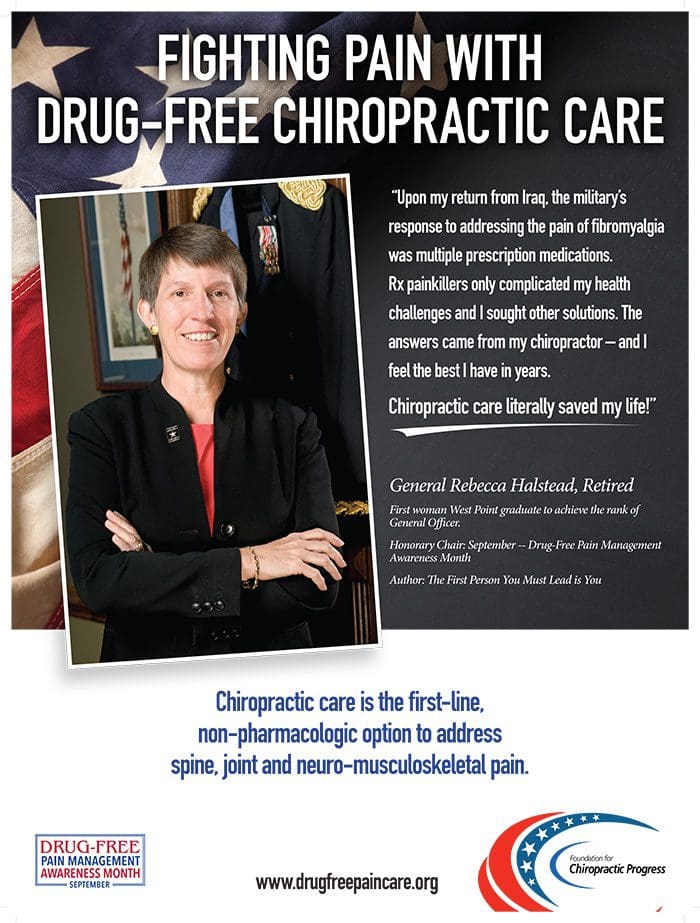Gluten Free: During a visit to my orthopedist I made a confession: “I stopped eating gluten and—this might sound a little crazy, but—a lot of my joint pain disappeared.
She smiled broadly and said, “You’re not the first person to say that.”
See How Gluten Can Cause Joint Pain

I stopped eating gluten because couple of friends suggested it might relieve some unexplained symptoms I was experiencing, like fatigue and mild joint pain. I had strong doubts, but my primary care doctor and I had run out of ideas (I was waiting to see a specialist), so I figured I had nothing to lose.
See Rheumatoid Arthritis and Fatigue
Within a week of going on a gluten-free diet, my fatigue, joint pain, and many other symptoms disappeared.
Table of Contents
The Connection Between Gluten & Joint Pain
It turns out, researchers have long known that people with autoimmune forms of arthritis, such as rheumatoid

arthritis and psoriatic arthritis, are at higher risk for celiac disease,1, 2 an autoimmune disorder triggered by gluten.
More recently, medical experts have begun to acknowledge the connection between gluten and joint pain described as non-pathologic (unrelated to disease).
Both my orthopedist and primary care provider agree that my gluten-free diet is probably keeping my joint pain and other
symptoms of inflammation in check.
See An Anti-Inflammatory Diet for Arthritis
Wait, Don’t Go Gluten Free Yet…
Before you throw away your pasta and cereal in search of joint pain relief, consider these factors:
-
- Going gluten free isn’t for everyone.
Whole grains are a recommended part of a healthy diet. No research suggests everyone should start eating a gluten free diet. But for people experiencing painful joint inflammation, eliminating gluten and other “pro-inflammatory” foods may be one treatment approach to consider. - Food products labeled “gluten free” aren’t necessarily healthy.
It’s almost always better to eat whole foods as opposed to processed foods that are gluten-free, but still full of sugar or saturated fats. For example, skip the gluten-free sugar cereal and make yourself a bowl of gluten-free oatmeal or a fruit smoothie for breakfast. - Eating a gluten-free diet isn’t a magic bullet.
Adopting other healthy habits, such as making time for exercise, is essential to eliminating joint pain. - A health professional can help.It’s always a good idea to tell yourdoctor about lifestyle changes, including achange in diet. A doctor may refer you to a registered dietician who can recommend certain foods, helping ensure you get enough nutrients and fiber in your gluten-free diet.
- Going gluten free isn’t for everyone.
See Arthritis Treatment Specialists
- You might experience gluten withdrawal.Many people report that their inflammatory symptoms initially got worse after starting their gluten free diet. This withdrawal stage can last days or even weeks, so you may not want to go gluten free right before a big event, like a vacation, holiday, or the start of a newjob.
No single treatment or lifestyle habit can eliminate the symptoms of arthritis, but going gluten-free may be an option worth trying as part of your overall treatment plan.
Learn More
Turmeric and Curcumin for Arthritis
Dietary Supplements for Treating Arthritis
References
- Rath, L. The Connection Between Gluten and Arthritis. The Arthritis Foundation. http://www.arthritis.org/living-with-arthritis/arthritis-diet/anti-infla…Accessed August 20, 2015.
- Barton SH, Murray JA. Celiac disease and autoimmunity in the gut and elsewhere. Gastroenterol Clin North Am. 2008;37(2):411-28, vii.
Post Disclaimer
Professional Scope of Practice *
The information on this blog site is not intended to replace a one-on-one relationship with a qualified healthcare professional or licensed physician and is not medical advice. We encourage you to make healthcare decisions based on your research and partnership with a qualified healthcare professional.
Blog Information & Scope Discussions
Welcome to El Paso's Premier Wellness and Injury Care Clinic & Wellness Blog, where Dr. Alex Jimenez, DC, FNP-C, a board-certified Family Practice Nurse Practitioner (FNP-BC) and Chiropractor (DC), presents insights on how our team is dedicated to holistic healing and personalized care. Our practice aligns with evidence-based treatment protocols inspired by integrative medicine principles, similar to those found on this site and our family practice-based chiromed.com site, focusing on restoring health naturally for patients of all ages.
Our areas of chiropractic practice include Wellness & Nutrition, Chronic Pain, Personal Injury, Auto Accident Care, Work Injuries, Back Injury, Low Back Pain, Neck Pain, Migraine Headaches, Sports Injuries, Severe Sciatica, Scoliosis, Complex Herniated Discs, Fibromyalgia, Chronic Pain, Complex Injuries, Stress Management, Functional Medicine Treatments, and in-scope care protocols.
Our information scope is limited to chiropractic, musculoskeletal, physical medicine, wellness, contributing etiological viscerosomatic disturbances within clinical presentations, associated somato-visceral reflex clinical dynamics, subluxation complexes, sensitive health issues, and functional medicine articles, topics, and discussions.
We provide and present clinical collaboration with specialists from various disciplines. Each specialist is governed by their professional scope of practice and their jurisdiction of licensure. We use functional health & wellness protocols to treat and support care for the injuries or disorders of the musculoskeletal system.
Our videos, posts, topics, subjects, and insights cover clinical matters and issues that relate to and directly or indirectly support our clinical scope of practice.*
Our office has made a reasonable effort to provide supportive citations and has identified relevant research studies that support our posts. We provide copies of supporting research studies available to regulatory boards and the public upon request.
We understand that we cover matters that require an additional explanation of how they may assist in a particular care plan or treatment protocol; therefore, to discuss the subject matter above further, please feel free to ask Dr. Alex Jimenez, DC, APRN, FNP-BC, or contact us at 915-850-0900.
We are here to help you and your family.
Blessings
Dr. Alex Jimenez DC, MSACP, APRN, FNP-BC*, CCST, IFMCP, CFMP, ATN
email: coach@elpasofunctionalmedicine.com
Licensed as a Doctor of Chiropractic (DC) in Texas & New Mexico*
Texas DC License # TX5807
New Mexico DC License # NM-DC2182
Licensed as a Registered Nurse (RN*) in Texas & Multistate
Texas RN License # 1191402
ANCC FNP-BC: Board Certified Nurse Practitioner*
Compact Status: Multi-State License: Authorized to Practice in 40 States*
Graduate with Honors: ICHS: MSN-FNP (Family Nurse Practitioner Program)
Degree Granted. Master's in Family Practice MSN Diploma (Cum Laude)
Dr. Alex Jimenez, DC, APRN, FNP-BC*, CFMP, IFMCP, ATN, CCST
My Digital Business Card


